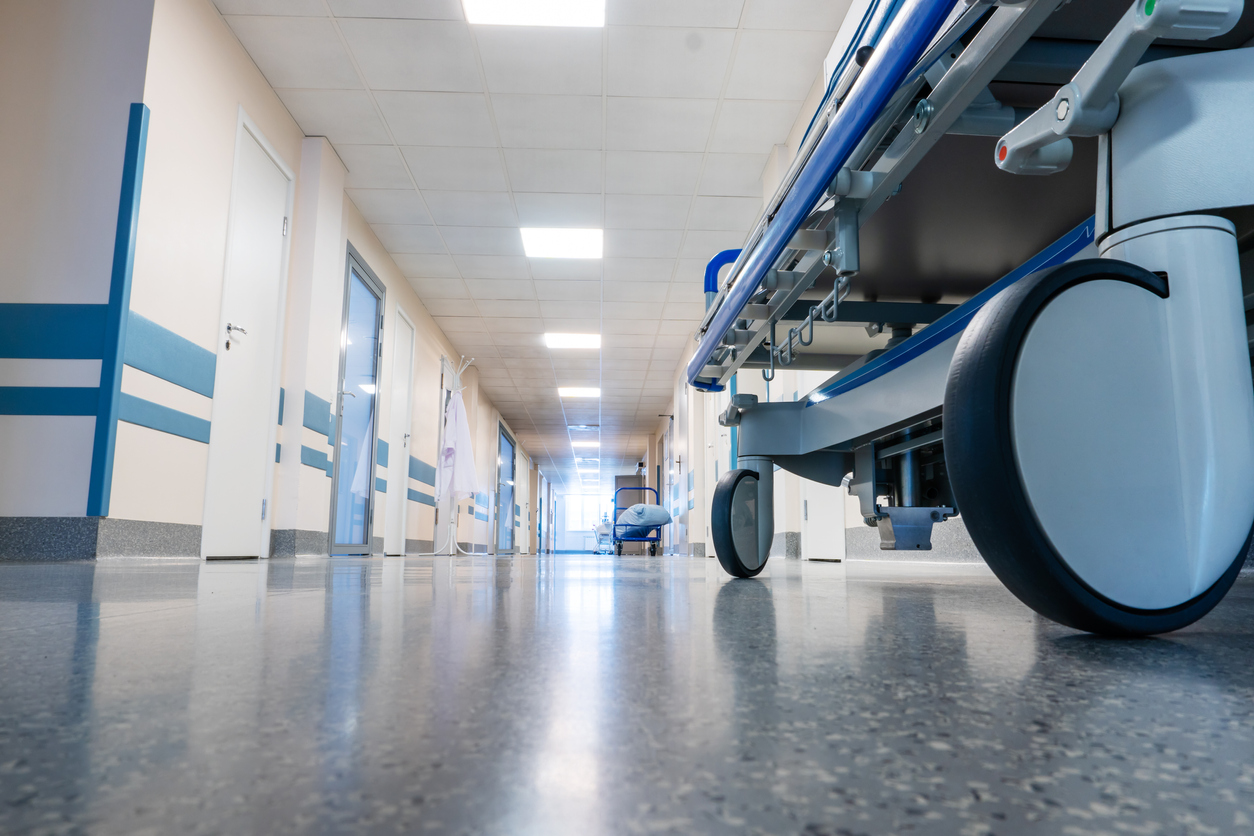
Too often we’ve found building managers ignore floors when developing comprehensive infection control efforts. Floors are a perfect surface for virus, bacteria and fungi to lurk unnoticed. And, if left to their own devices, they are more than prepared to hitch a ride on shoes, clothing and equipment, spreading throughout a structure.
In fact, a few years back, we visited a hospital and stressed to their personnel that their infection control program must include measured floor hygiene. They were skeptical of the importance, but the facts clearly say to overlook the importance is to be mistaken.
Virus, bacteria and fungi move through water, air and move as fomites on shoes, cart wheels, clothing and every other movable surface in a healthcare setting. Pathogens don’t just move about readily in hospitals. They operate the same in schools, offices, gyms and homes to name just a few.
Floors are a continuous contact/touchpoint linking rooms in building. It is well documented that they support the spread of infection. The air moves through the building to include along the floors and spreads disease. We need to pay attention to the abundant research and seek to address as effectively as possible infection control.
C Difficile Bacteria Pervasive in Non-Healthcare Settings Worldwide, Found on 45% of Shoe Soles
Hospital Floors Linked to Pathogen Transmission
Walking and crawling – any type of movement or friction over floors or surfaces – will aerosolize particulates. Resuspended particles that might include pathogens are easily moved about a facility by human activity. The links below offer great insight through studies of this phenomenon.
Particle deposition in ventilation ducts
Critical review of aerosol particle transport models for building HVAC ducts
Modeling Particle Dispersion under Human Activity Disturbance in a Multizone Indoor Environment







